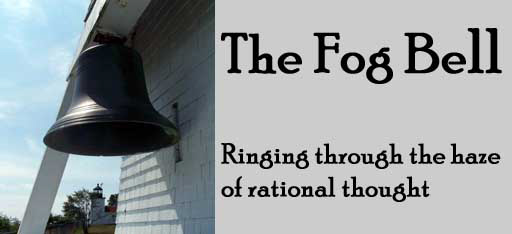Everyone I speak to lately is learning how I’ve resolved my long-time sleep problems. I relate in detail about my CPAP machine—short for Continuous Positive Airway Pressure. I explain how sleep apnea closes the airway in the back of one’s throat. And I hold forth about how often the apnea was waking me up before I began to strap a snorkel-like mask to my face at bedtime, and how it hardly does now. The best part of these conversations: My CPAP’s benefits seem to be contagious. By the time I’m done, I’ve solved my listeners’ sleep problems, too.
You don’t need sleep issues, though, to agree that some nights you can just forget about getting some rest. Apnea sufferers keep score by the Apnea/Hypopnea Index, or AHI, which averages out how many times per hour they stop breathing and briefly awaken. Knowing your AHI is dandy if you’ve got apnea. But the many people who have trouble sleeping without any apnea should be allowed to keep score, too. After some careful thought, I’ve apparently caught the sleep-medicine community snoozing, for I’ve come up with sleep scores for everyone else.
DBI. If you have a dog, chances are you were a sucker for those doleful eyes from the first and only time they pleaded with you to say, “Come on up, boy.” And having allowed it once while the dog was 12 pounds, you now have an 80-pound anchor with bad breath and gas sandwiched between you and your spouse. The DBI, for Dog Breath Index, is how often per hour you come face-to-face with Rex and wake up from a royal blast of halitosis.
HCI. You don’t need a pet to keep track of your HCI: You just need to live with someone. Family members talk about all sorts of things in the course of the day, and if they’re all equally committed to good sleep, late-night conversation stays light. But if you think family life is that easy, you’re dreaming. The Heavy Conversation Index (HCI) measures how many of the first hours of bedtime you’re staring at the ceiling because one of you brought up something that couldn’t wait till morning, such as life, the universe and everything.
SDI. Most common in October’s run-up to Halloween, the Scary Dream Index (SDI) tracks how many times during the night you wake up in a cold sweat because you’re being chased by vampires, zombies, or something original plumbed from the depths of your very soul. If something’s after you, you’re not asleep and it’s not tax season, never mind trying to keep score…you won’t be sleeping anyway.
FIFI. Some adults, we hear, toss and turn in their nightlong quest to find that perfect sleep position. Unfortunately, that prime spot could mean the other person in the bed is out of luck. The Foot in Face Index (FIFI) counts how many times per night one sleep partner’s rotation in the bed means the other wakes up with toes up her nostrils.
PDII. Occurring for a few months every four years, the PDI might be the most pervasive. (It’s like MLBI, a score related to watching too much late-night baseball, but on steroids.) Whatever else you plan to do the night of a political debate, chances are that you’ll still end up in front of the TV and stay there till it’s over. Just try to fall asleep then. The PDII, for Post-Debate Incredulity Index, measures how many times you wake up from sleep, fists clenched, over something this one or that one said. Or should have said. Either way, just remember that you elected to watch the thing.
With only one score to keep, which the CPAP machine calculates for me, I’m sleeping just fine these days. Or at least I was sleeping. After years of needing to fall asleep using the traditional SCI (Sheep Counted Index), I now have myriad sheep grazing on the property with nothing to do. Some friends of ours wouldn’t sleep till they’d contacted the nearest government agency. They’d ensure that every member of the herd was counted—and would feel proud that it still mattered in the world.
Me? I lie awake, wondering where on earth we could ever find enough mint jelly.
Subscribe to:
Posts
(
Atom
)


